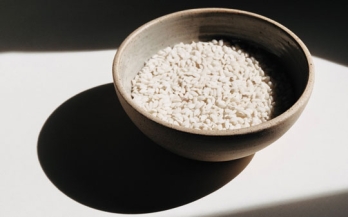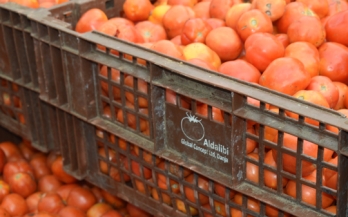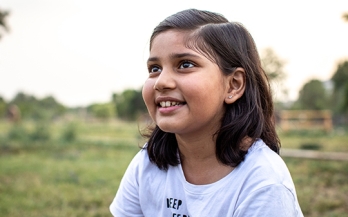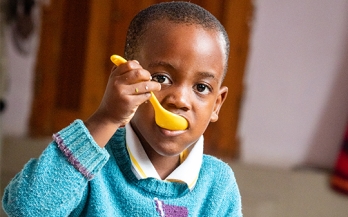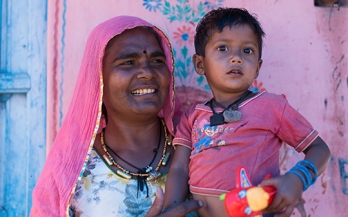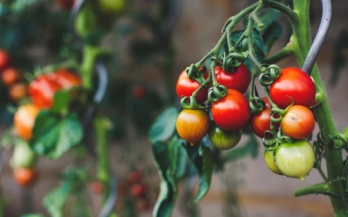As part of critical knowledge generation to inform policy development and stakeholder alignment on the prospects for rice fortification in Nigeria, a detailed landscape analysis of Nigeria's rice sector was undertaken along with a technical feasibility assessment of the opportunities and viability of rice fortification in Nigeria.
The PLAN Nigeria project focused on tomato value chains and employed two models in its theory of change i.e. improving coordination among value chain actors through an Alliance, and building capacity and encouraging SMEs to adopt improved practices and technologies through Business-to-Business (B2B) mentorship.
Food fortification is a safe and cost-effective strategy for improving diets and preventing or correcting micronutrient deficiencies. But industries delivering fortified foods are subjected to very high (around 60%) rates of import duties and taxes in Pakistan.
Nutrition for Growth (N4G) is a Summit held every four years alongside the Olympic Games to galvanise global actions to tackle malnutrition.
The launch of the National School Feeding Guideline offers a strong lifeline to scale the provision of nutrient-dense fortified foods in schools.
GAIN’s Workforce Nutrition program conceived and implemented a market-based supply chain solution to enhance the food environment around tea estates by leveraging the existing neighbourhood line shops to improve access to healthy foods.
In 2018 GAIN Bangladesh began implementing an adolescent nutrition programme titled ‘Nourishing Dreams’. This was designed in partnership with adolescents themselves, and has at its core making a pledge to eat better and work towards improving availability of healthier food in their surroundings.
Despite having more than 10 million dairy cows in Ethiopia, milk productivity and consumption is very low, on average below 2 litres per cow. In 2017, the GAIN Access to Better Dairy partnership was established and supported by Danida. Partners committed to help improve diets of children and mothers, as well as the livelihoods of smallholder farmers, by developing affordable, safe, and nutritious dairy solutions that appeal to children.
In line with our Environment Strategy, we aim to do the following at COP27 - Highlight the need for coordinated and integrated action on climate and nutrition to prevent disastrous increases in food insecurity and malnutrition resulting from climate change
In 2018, GAIN expanded its Postharvest Loss Alliance for Nutrition (PLAN) program to Ethiopia with a focus on reducing loss of tomatoes. Working with local stakeholders, PLAN Ethiopia was designed with two key components.
